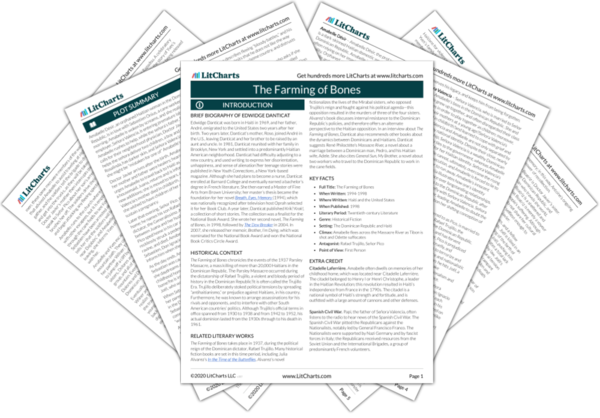The masks represent the act of memory: they materialize Joël’s face so he cannot be forgotten. The masks, which will be given to multiple people, are meant to guarantee Joël’s symbolic immortality. That is, if more people possess them, more people will remember him, despite his absence. The masks are merely a weak substitute, however, for Joël’s real existence. As such, the masks both serve an uplifting purpose—memorializing Joël— and act as tragic tokens of what has been lost to death.
